Most people know sleep is vital for good health, but are we really paying attention to what we are hearing? Trends show that poor sleep and the negative effects of it are becoming more pervasive, and people are not only sleeping less than ever before but are also getting poor quality sleep.
Getting enough high quality sleep could significantly impact your life. You might not even know what you’ve been missing and what you could gain by committing to getting better sleep in 2018.
Here are just some of the ways getting proper sleep could change your life for the better.
Sleeping Well is Conducive to Helping You Maintain a Healthy Weight. People who sleep well typically consume fewer calories compared to those who don’t. Sleep deprivation leads to poor appetite control by causing fluctuations in hormones such as leptin and ghrelin that control appetite regulation.
Proper Sleep Supports Healthy Emotional and Social Interaction. Facial recognition testing shows that sleep influences the ability to recognize emotions such as happiness and anger. In studies, people who were sleep deprived were less likely to process emotional information and recognize important social cues.
Adequate Sleep Strengthens Your Body’s Defenses Against Illness. Immune function decreases even after a minimal amount of sleep loss. Research shows that after exposure to the cold virus, a person getting less than seven hours of sleep may be three times or more likely to develop a cold compared to someone who is getting at least 8 hours.
Good Sleep Increases Your Longevity. Proper sleep reduces the risk of diseases such as diabetes, cardiovascular problems, and obesity among others. Healthy sleep is also required for proper immune function needed to fend off bacterial and viral infections.
Restful Sleep Helps You Look Younger. Sleep is necessary for growth hormone to function properly and for cells to repair and rebuild themselves. Poor sleep leads to stress; this causes capillaries to constrict and reduces the flow of nutrients to the scalp and skin, thus leading to dull looking hair and skin.
Healthy Sleep Activates Your Creativity and Increases Your Ability to Solve Problems. Research shows that the mind works on solving creative problems while you sleep. Contemplating a problem you’d like to find a solution for before you sleep, increases the chances that after sleep you’ll have one. Problem-solving ability increases during REM sleep due to stimulation of associative networks in the brain which allow it to make useful and new associations between unrelated concepts.
Getting Enough Sleep Helps You Focus on What You Need to Accomplish. Good sleep supports your ability to concentrate and perform tasks requiring complex thinking. Learning and memorizing things is optimized with good sleep, whereas poor sleep interferes with the brain’s working memory and reduces your speed and accuracy at performing both mental and physical tasks.
source https://goodmorningsnoresolution.com/blogs/news/could-getting-more-sleep-in-2018-change-your-life

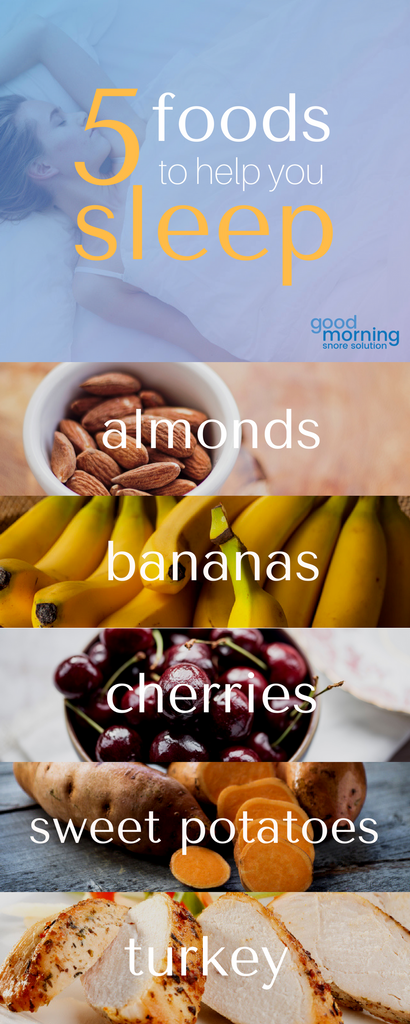
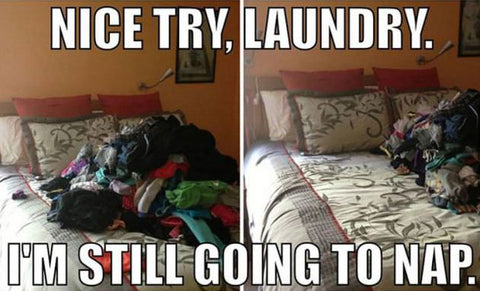
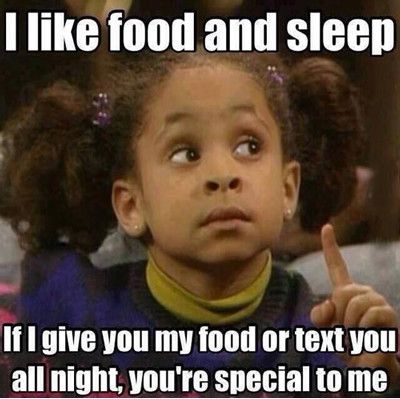

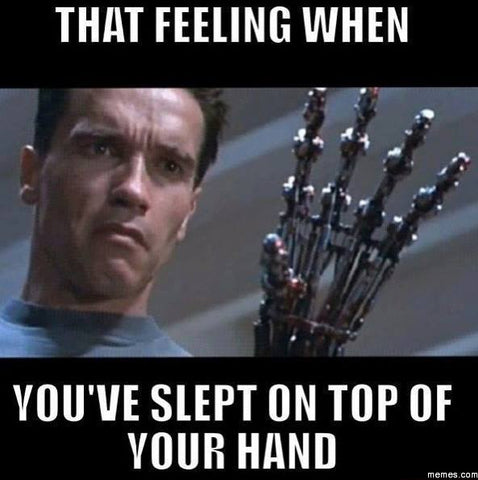
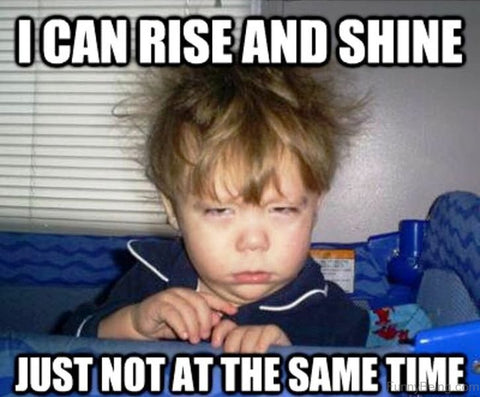

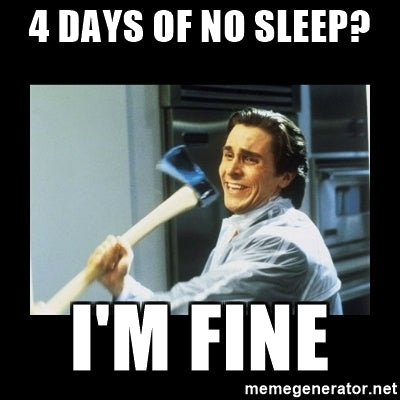
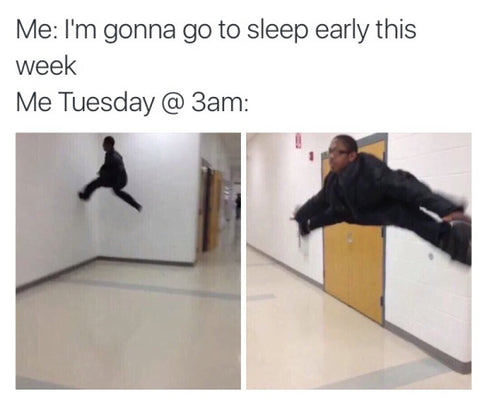

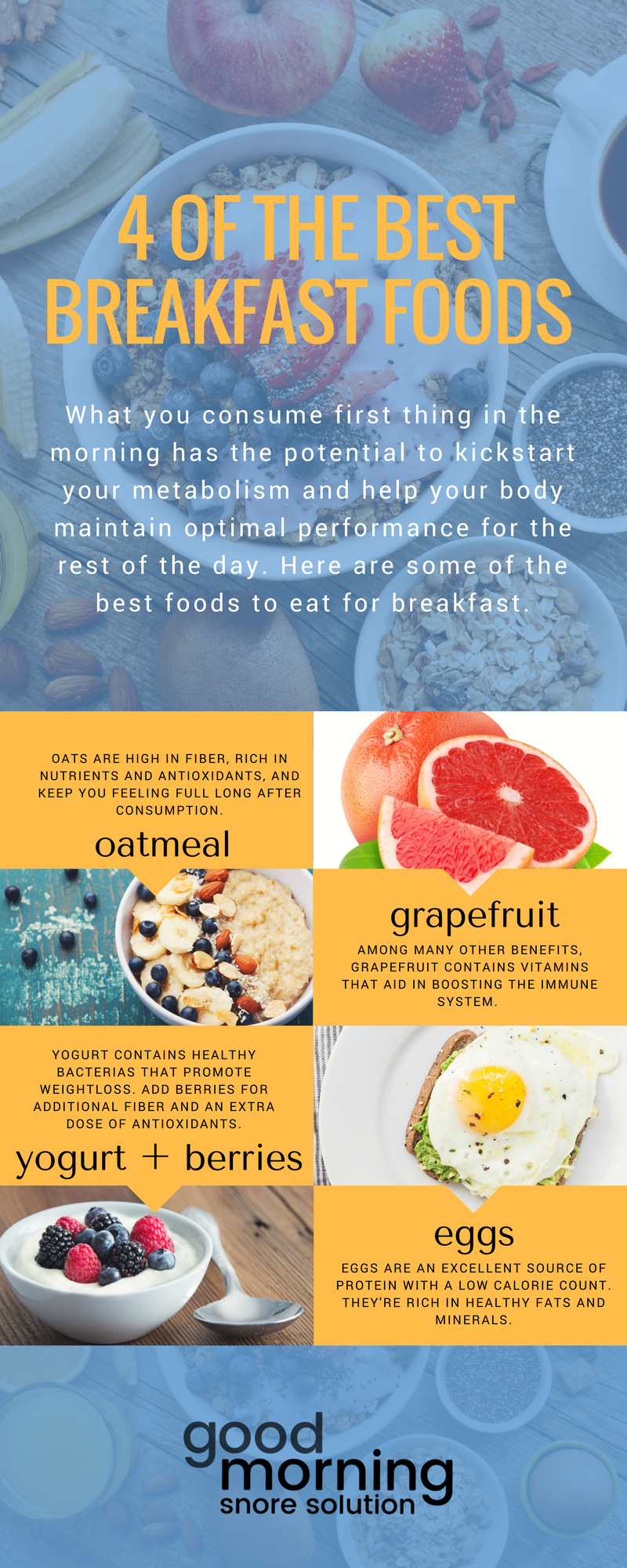
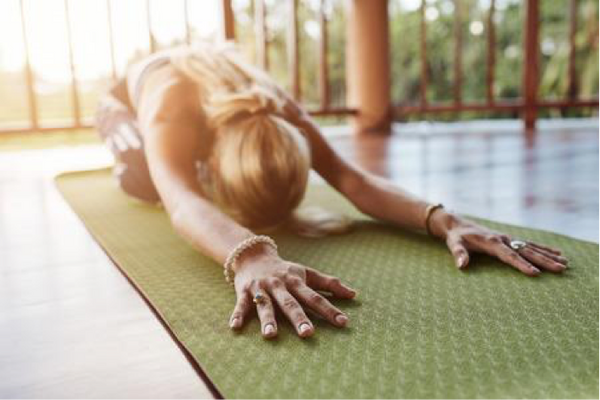
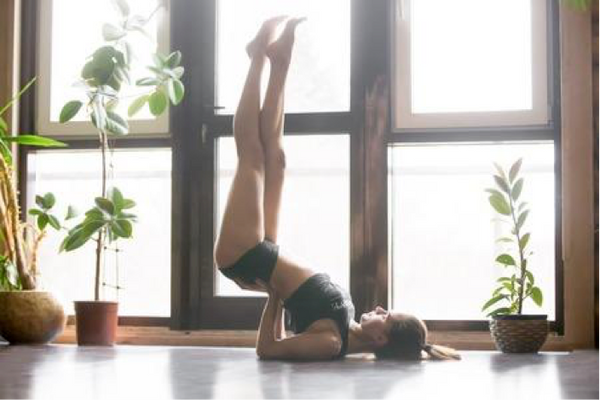
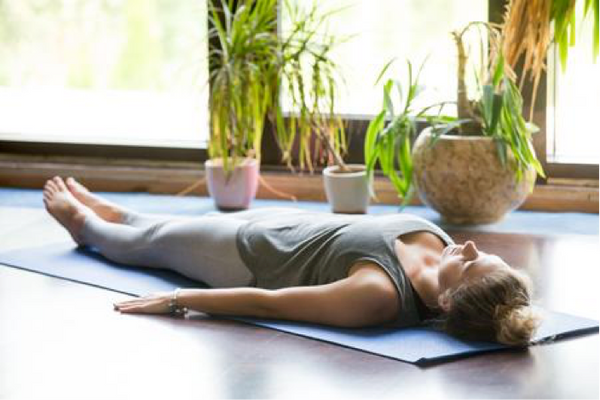
 Nothing says simple like a two-ingredient meal. Have some low fat greek yogurt topped with whatever berries you can find in your fridge. A simple meal like this is packed with protein and fibre as well as the right kinds of sugars. If you want to take this breakfast to the next level, add some flax and chia seeds for an extra boost of Omega 3s.
Nothing says simple like a two-ingredient meal. Have some low fat greek yogurt topped with whatever berries you can find in your fridge. A simple meal like this is packed with protein and fibre as well as the right kinds of sugars. If you want to take this breakfast to the next level, add some flax and chia seeds for an extra boost of Omega 3s. Oatmeal is a great way to pack carbs, protein, fats and fibre all into one bowl of goodness. It’s easy to shy away from oatmeal in the morning because it can be time consuming, but not if you think ahead. Before you go to bed, fill a mason jar or tupperware container about half way with uncooked oats, almonds, chia seeds, flax seeds, and your favorite dried or fresh fruits. The next morning, take your prepared dry mixture and add some almond milk or coconut milk until the container is almost full. Heat this up in the microwave for 2-3 minutes, and there you have it!
Oatmeal is a great way to pack carbs, protein, fats and fibre all into one bowl of goodness. It’s easy to shy away from oatmeal in the morning because it can be time consuming, but not if you think ahead. Before you go to bed, fill a mason jar or tupperware container about half way with uncooked oats, almonds, chia seeds, flax seeds, and your favorite dried or fresh fruits. The next morning, take your prepared dry mixture and add some almond milk or coconut milk until the container is almost full. Heat this up in the microwave for 2-3 minutes, and there you have it! When you’re in a hurry first thing in the morning, even just throwing a piece of toast in the toaster can seem like a victory. But don’t stop at toast and butter, take your toast to the next level by adding additional nutrients. For example: whole grain toast with all natural peanut butter and a sliced banana or whole grain toast with egg whites, avocado and tomatoes. Both these recipes offer added proteins and fats to kickstart your day.
When you’re in a hurry first thing in the morning, even just throwing a piece of toast in the toaster can seem like a victory. But don’t stop at toast and butter, take your toast to the next level by adding additional nutrients. For example: whole grain toast with all natural peanut butter and a sliced banana or whole grain toast with egg whites, avocado and tomatoes. Both these recipes offer added proteins and fats to kickstart your day. A smoothie is one of the simplest breakfasts as it can all be prepared the night before. Before you go to bed, fill a bowl with fresh (or frozen) fruits and vegetables and put it in the freezer. The next morning, throw the ingredients in the blender, add almond milk (or your preferred liquid) and blend away. Here are some of our favourite smoothie blends: strawberries and banana with added protein powder; mangos and avocado with added protein powder; kale, spinach, peach, mangos and cauliflower; cocoa powder and banana with added protein powder.
A smoothie is one of the simplest breakfasts as it can all be prepared the night before. Before you go to bed, fill a bowl with fresh (or frozen) fruits and vegetables and put it in the freezer. The next morning, throw the ingredients in the blender, add almond milk (or your preferred liquid) and blend away. Here are some of our favourite smoothie blends: strawberries and banana with added protein powder; mangos and avocado with added protein powder; kale, spinach, peach, mangos and cauliflower; cocoa powder and banana with added protein powder.



 Users continue to rave over the alarm clock app Sleep Cycle, as it takes a unique, scientific approach to waking you up the morning. Rather than waking you up at a specific time each day, Sleep Cycle allows you to set a 30 minute window, then using a built-in sleep tracker, the app waits until you’re sleeping lightest and then wakes you up. This ensures you not only feel far less groggy when your alarm goes off, but also makes it so you’re less likely to be interrupted during a stretch of deep sleep.
Users continue to rave over the alarm clock app Sleep Cycle, as it takes a unique, scientific approach to waking you up the morning. Rather than waking you up at a specific time each day, Sleep Cycle allows you to set a 30 minute window, then using a built-in sleep tracker, the app waits until you’re sleeping lightest and then wakes you up. This ensures you not only feel far less groggy when your alarm goes off, but also makes it so you’re less likely to be interrupted during a stretch of deep sleep.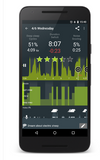 For Android users only, this sleep app offers similar alarm features as Sleep Cycle combined with a plethora of additional benefit. In addition to waking you up at the optimal time in your sleep cycle, Sleep as Android tracks sleep quality and monitors both snoring and sleep talking. In addition to these features, Sleep as Android also offers users a selection of soothing sounds and wake up tests to ensure you’ve actually woken up rather than hitting the snooze button in a sleepy haze.
For Android users only, this sleep app offers similar alarm features as Sleep Cycle combined with a plethora of additional benefit. In addition to waking you up at the optimal time in your sleep cycle, Sleep as Android tracks sleep quality and monitors both snoring and sleep talking. In addition to these features, Sleep as Android also offers users a selection of soothing sounds and wake up tests to ensure you’ve actually woken up rather than hitting the snooze button in a sleepy haze. Simple, but effective, Sleep is one of the best apps out there for soothing sounds. For those struggling to fall asleep, Sleep provides a library of relaxing sounds and photographs. And the best part is, users can choose from a range of beats, white noises and music to customize their own tracks. In addition to calming sounds and images, Sleep features a gentle wakeup timer to ease you out of your sleep in the morning.
Simple, but effective, Sleep is one of the best apps out there for soothing sounds. For those struggling to fall asleep, Sleep provides a library of relaxing sounds and photographs. And the best part is, users can choose from a range of beats, white noises and music to customize their own tracks. In addition to calming sounds and images, Sleep features a gentle wakeup timer to ease you out of your sleep in the morning. Fall asleep peacefully with a selection of soundscapes, and wake up with a rich understanding of your own sleep patterns with insights into your various sleep cycles. Sleep Time+ perfectly combines a sleep cycle alarm clock with sleep tracking and calming sounds.
Fall asleep peacefully with a selection of soundscapes, and wake up with a rich understanding of your own sleep patterns with insights into your various sleep cycles. Sleep Time+ perfectly combines a sleep cycle alarm clock with sleep tracking and calming sounds. For iOS users only, Pillow syncs all data with iCloud and Apple Healthkit. With a smart alarm, sleep stats and natural, calming sounds, this app is another great option to help you in your pursuit for a better night’s sleep. As an added feature, Pillow allows for the option of recording your wake up mood or sleep notes once your alarm goes off.
For iOS users only, Pillow syncs all data with iCloud and Apple Healthkit. With a smart alarm, sleep stats and natural, calming sounds, this app is another great option to help you in your pursuit for a better night’s sleep. As an added feature, Pillow allows for the option of recording your wake up mood or sleep notes once your alarm goes off.